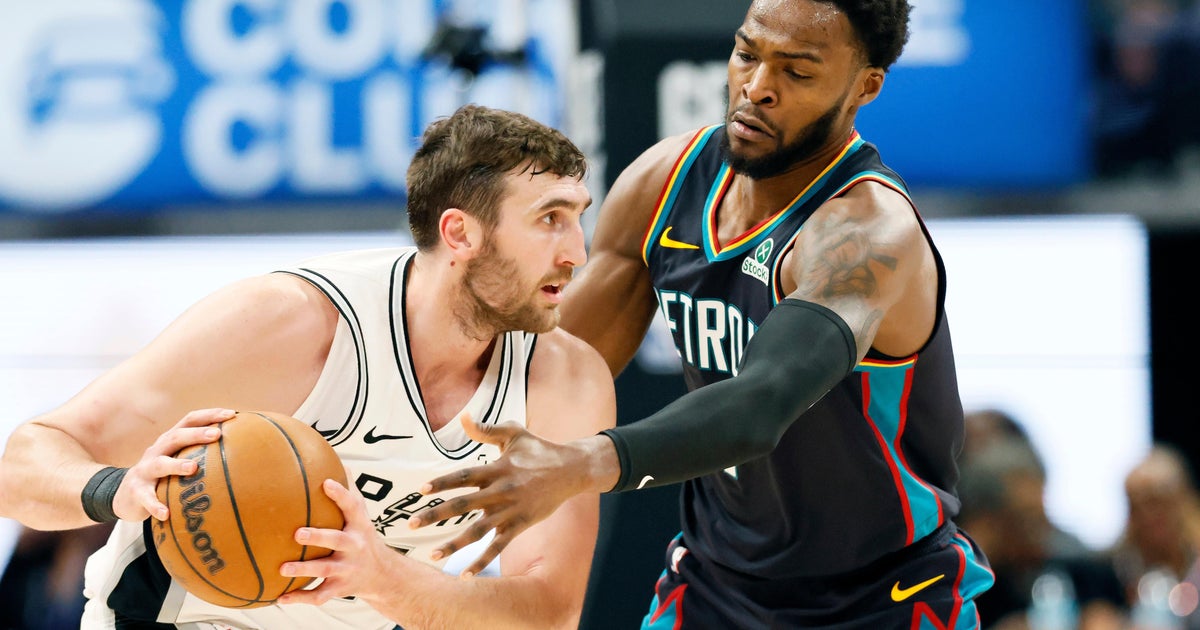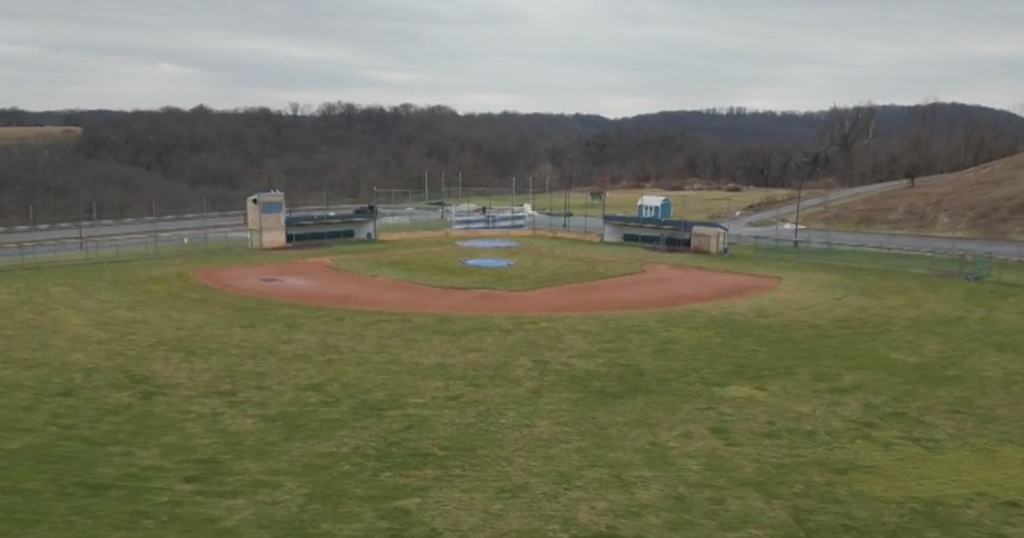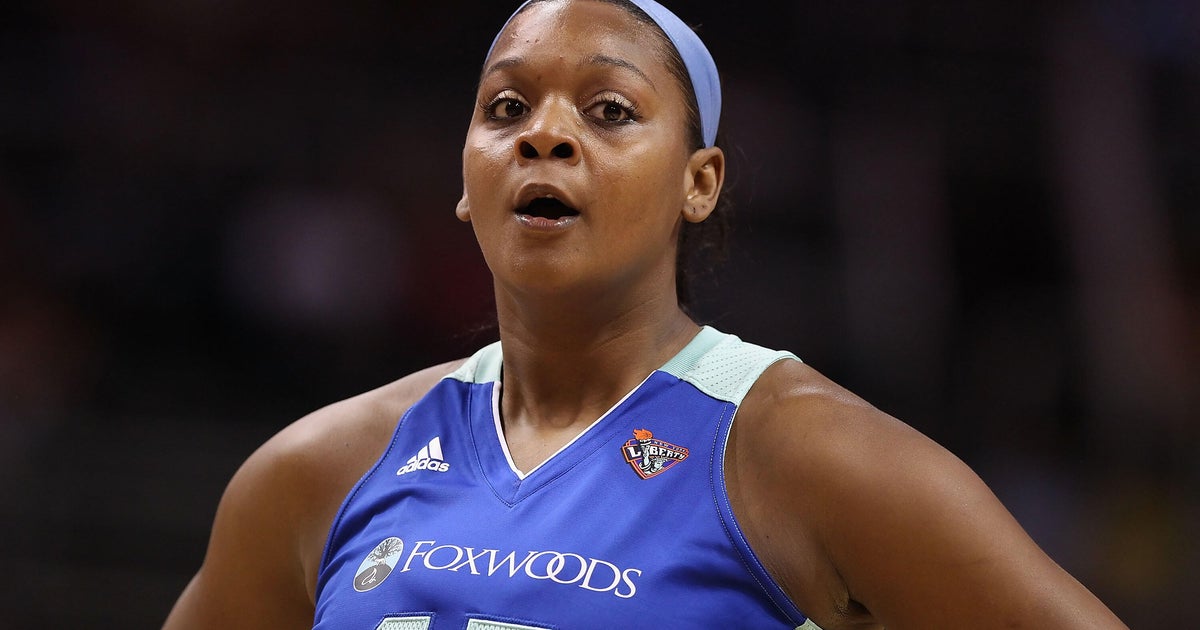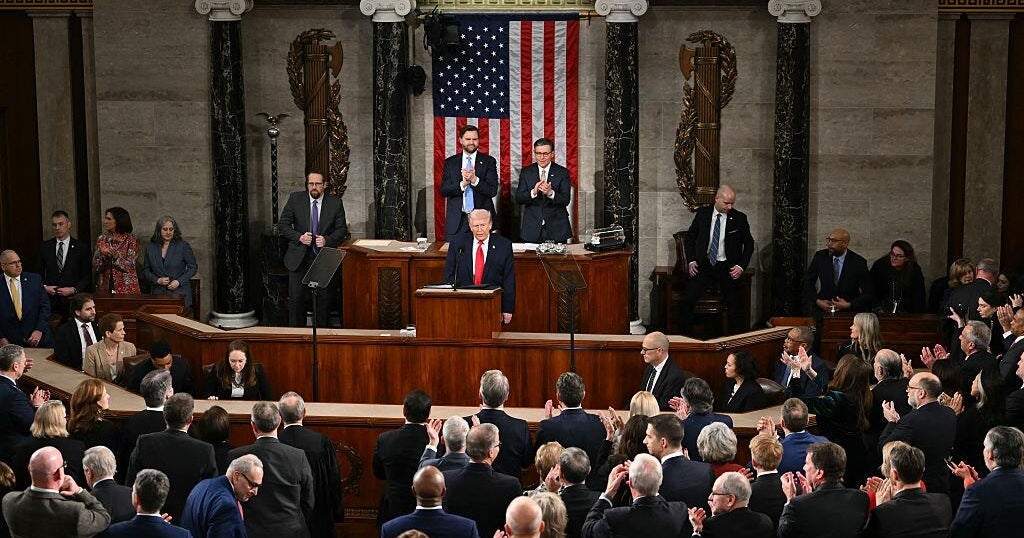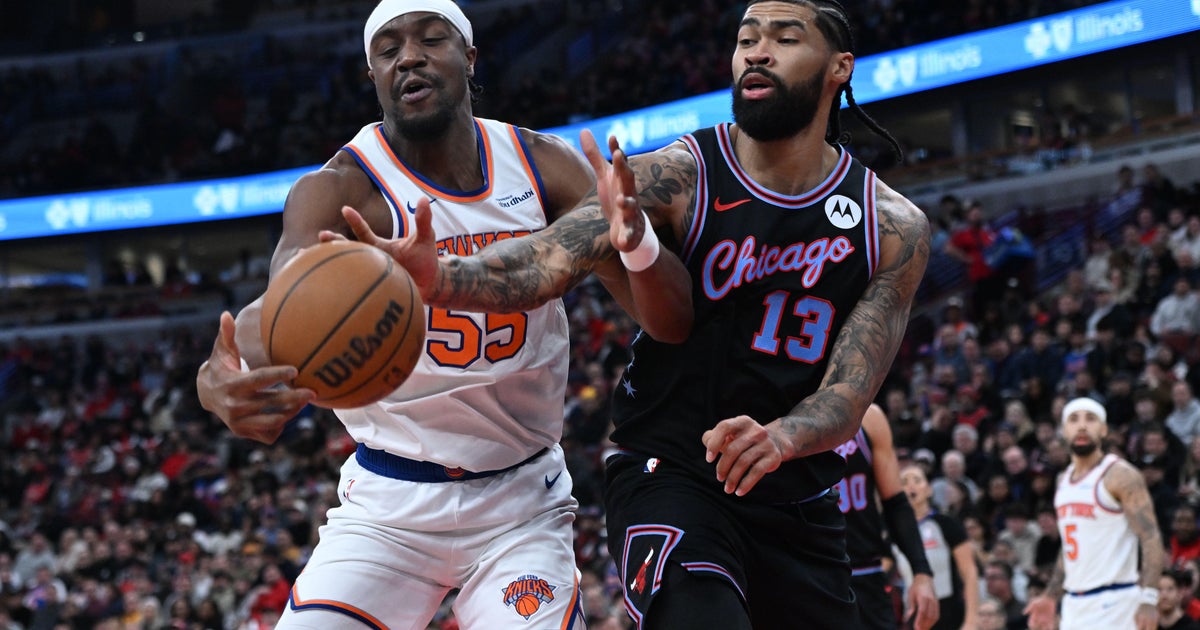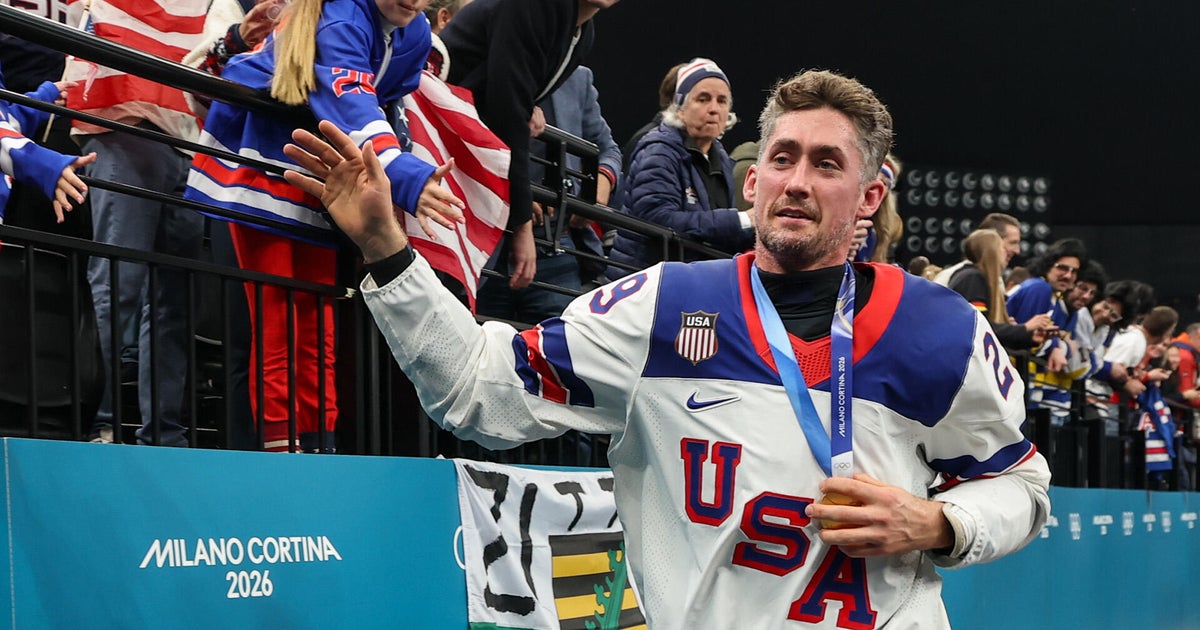Stern: Tuesday Is Turning Point In Labor Talks
NEW YORK – NBA commissioner David Stern declared Friday that an unofficial drop-dead date is looming next week in the accelerating negotiations to prevent a lockout.
"Tuesday is a very important day in these negotiations," Stern said after emerging from a 4 1-2 hour bargaining session in which progress was in the eyes of the proposer.
Stern touted what he described as a "very significant" concession that was proposed Friday in which owners backed off their insistence on eliminating fully guaranteed contracts. The players, however, did not view this as a major step forward in the negotiations, saying the owners remain entrenched in their position to slash player salaries by as much as $700 million annually – and that owners have the ability under the current system to offer contracts that are less than fully guaranteed.
"They moved to giving us back guaranteed contracts, which we already had," said Wizards guard Maurice Evans, a member of the players' executive committee. "That's not a move. How can you call that a move?"
However the latest twists and turns are viewed by either side, Stern left no doubt that an expanded bargaining session scheduled for Tuesday in New York – featuring a larger contingent of owners and players, and also player agents, who will be key to signing off on any deal – would be crucial to determining whether there is enough momentum to complete a new labor deal before the current one expires on June 30.
"I really think that the time to have an optimistic or pessimistic view is at the close of the day on Tuesday," Stern said.
At the end of a nearly 20-minute briefing with reporters Tuesday night in a conference room of the Omni Berkshire Hotel, Stern answered "yes" when asked if a breakthrough was needed Tuesday to assure there would be enough time to get a deal done. The key sticking points remain the negotiated split of revenues that would be paid to the players and the system by which the money would be delivered – a hard cap, which the owners remain insistent upon, or a soft-cap system that more closely resembles the rules already in place.
"If we made a big breakthrough on one or the other, we would have such positive momentum that we could, I think, look forward to a faster track than we've been dealing with," Stern said.
In addition to Stern, deputy commissioner Adam Silver, National Basketball Players Association executive director Billy Hunter and legal staff from both sides, Friday's bargaining session included nine members of the owners' labor relations committee, the players' executive committee (including Hornets star Chris Paul), as well as Knicks star Carmelo Anthony, Bucks guard John Salmons, and Timberwolves guard Sebastian Telfair.
"I would say we're not on the same page right now, but there's some good conversation going on," Anthony said. "Both sides are trying to come to an agreement."
The logistics surrounding Tuesday's bargaining session in New York leaves little doubt that it will be a turning point in a process that formally began with the owners' initial proposal in January 2010, just prior to All-Star weekend in Dallas. League executives will be in New York for Thursday night's draft, and dozens of players will be in the city for the NBPA's annual meeting. Stern hinted that if enough progress were made Tuesday, the session could be extended by several days – perhaps even into the weekend – as the clock continues to wind down toward the June 30 deadline to avoid a lockout.
"Even though the clock is ticking and the runway is shortening, we think that it's worth our time and effort to go back to our individual offices and do a lot of crunching of numbers and ideas and to return on Tuesday," Stern said. "… We're hoping that we will receive from them a proposal directed to the economics."
As a matter of timing and logistics, Silver announced that the league would be canceling Las Vegas Summer League this weekend – though the move is not meant to send any signals to the players.
"It was purely a function of the calendar and drop-dead dates with hotels and the arena," Silver said.
Stern said the owners' decision to back off their insistence on eliminating fully guaranteed contracts as part of the 10-year deal they've proposed was in response to a presentation from the players and their attorney, Jeffrey Kessler, about their insistence on protecting such guarantees.
"Of all the issues, the guarantee is one that is very, very important to individual players," Stern said, describing what was conveyed to the owners and their lead negotiators during the presentation.
This must have been music to the owners' ears, because their priority from the beginning has been to reduce player salaries by at least one-third. The method of delivery – via a hard cap with shorter and less guaranteed contracts – would seem to be a secondary issue to the overall dollars. Based on the players' current 57 percent share of revenues, they would go from $2.1 billion to $1.35 billion under the owners' original proposal – the basic structure of which remains in place, according to multiple sources familiar with the negotiations. That's a reduction of about $750 million annually, regardless of whether the money is guaranteed or not.
"It's not as big a move as it would have been if the hard cap was not linked to it," Kessler said of the owners' revised stance on guarantees. "That really undermines, from the players' standpoint, what it means. … They didn't move on hard cap, that's for sure."
Said Evans: "We're far apart. They're still negotiating from their proposal from two years ago, and we're negotiating from the current system we have."
But Stern disputed the notion that the owners have not moved from their original demands on salary reductions, though he declined to get into specifics. And sources said the owners expressed for the first time Friday a willingness to discuss with the players how they would be paid in the "out years" of their proposal – meaning the seven years after a three-year transition period owners have proposed to soften the blow of these drastic cuts.
"There's been considerably more movement from our first proposal than you understand," Stern told reporters.
In addition, Silver said the players made a move in their position Friday in terms of how much of basketball-related income (BRI) they would be paid under a new agreement. But he added, "Even they would characterize (the move) as having been very small."
Part of the problem for the players, aside from how much of a pay cut they are willing to accept, is computing how the new structure would work out for them if revenues rise, as the NBA is predicting they will. When the two sides reconvene next week, the apparent willingness on the owners' part to negotiate how rising revenues would affect player salaries in the final years of the deal could represent a far more significant development than their decision to back off on the idea of eliminating guarantees.
For example, owners could incentivize the players to accept a revised computation of BRI that increases the players' share as revenues increase. But the owners' projections of rising revenues are based on rules that have never been in place, making it difficult for the players to trust the projections.
"We can't talk about one part in a vacuum because it impacts the entire system," NBPA president Derek Fisher said of the owners' reversal on banning fully guaranteed contracts. "We haven't been, or at this point are inclined to say whether that's a huge thing. Because without other things, it doesn't mean much."
How much is at stake next week? If you liken the negotiation to a million-piece jigsaw puzzle, all parties involved admitted that two or three key pieces need to be in place by the end of the day Tuesday.
"One piece controls several hundred thousand pieces," Fisher said. "So essentially, we could put together a million-piece puzzle in a very short time if we can get two or three pieces in the right place. And that's what we're focused on doing."
